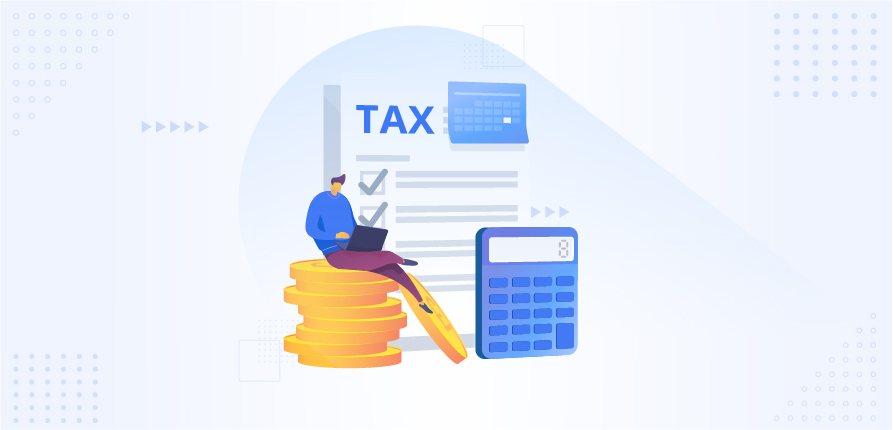
Your guide to avoid unexpected bills and taxes when it comes to buying a property through your limited company.
Can I Buy a Property with My Limited Company
Yes, buying a property through your limited company is a popular option. You would need to ensure that your company is incorporated first before buying the property. If you are already the owner of the property you would have to sell this to your limited company, doing this can generate capital gains tax on the property. Currently, capital gains tax (CGT) sits at 18% for basic rate taxpayers and 28% for higher rate taxpayers.
What Other Taxes Should I Be Aware Of?
Stamp Duty Land Tax (SDLT)
A tax you may have to pay when buying land or property over a certain price. Currently any property or land over £125,000 qualifies for stamp duty except for first-time buyers’ relief. First-time buyers can purchase a property of up to £300,000 and they won’t pay stamp duty.
Buy-to-Let on Personal Properties
If you’re renting out a property that you personally own and are not running this through a limited company;
- the first £1,000 you earn from rent will be tax-free (property allowance), for an example of exceeding the allowance, take a look at the case study.
- If your rental income is between £1,000 to £2,500 per year you would need to contact HMRC to discuss the best option for yourself.
- If your rental income is above £2,500 per year, after allowable expenses, you will need to file a Self-Assessment Tax Return every year. HMRC will need to know what income you’ve had to calculate how much tax you will owe from this property.
Land Lord Allowable Expenses HMRC 2022
Allowable expenses are things that you, as a landlord might pay out for the day-to-day running of the property. These include but are not limited to:
- Letting Agency Fees
- Legal Fees
- Accountancy Fees
- Insurance costs (building and contents insurance)
- Any repair and maintenance to the property, but not improvements.
- Utility bills
- Council Tax
Buy-to-Let Properties as a Limited Company
If you are buying a property through your limited company to rent out buy-to-let properties then you will need to include
Business Premises
Non-domestic property owners will have to pay business rates for their premises when running their business out of either a shop, office, pub, factory, warehouse or a holiday rental home. The rate in which you would pay is dependent on where your premises is, the local council of your area sends you a business rate bill in either February or March of each year. This will be for your following tax year, but you can have a rough idea of the same by looking on the government website.
Inherited Property
This is when you are taxed on the estate (property, possessions, and money) of someone who has passed. The standard rate for inheritance tax is 40% and is only charged on the part of the estate that is above the threshold, currently sitting at £325,000.
Conclusion!
They always say the only certainties in life are death and taxes, so unfortunately taxes on properties are unavoidable, but it always helps to have an accountant on your side to explain everything you need to know to avoid getting in trouble with the tax man!
Don’t forget you can attend your local National Landlord Investment Show to meet like-minded people and say hello to Debitam!












